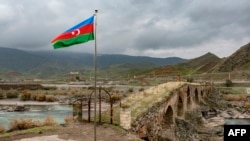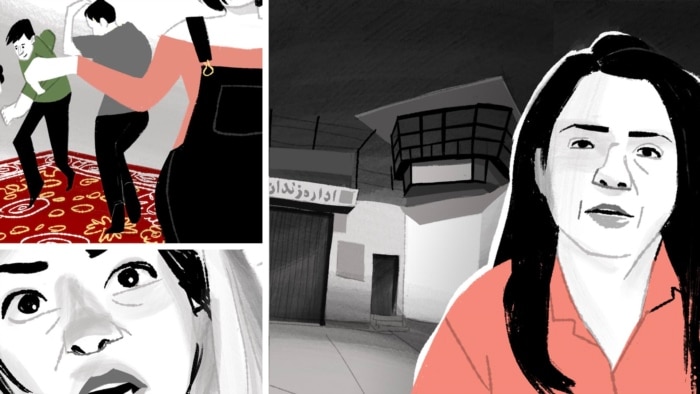Iran said Monday it opposes any "geopolitical changes" in the Caucasus, where it has long been angered over Azerbaijan's desire to set up a transport link along the Armenian-Iranian border.
Foreign ministry spokesperson Nasser Kanani, while voicing support for Azerbaijan's reclamation of the separatist Nagorno-Karabakh region last month, said Tehran is "against making geopolitical changes in the region and this is our clear position."
He was referring to the Zangezur land corridor which would connect mainland Azerbaijan to its exclave of Nakhchivan and then to Turkey.
Relations between Baku and Tehran have been traditionally sour, as Turkic-speaking Azerbaijan is a close ally of Iran's historical rival Turkey.
Following a lightning Azerbaijani military offensive which recaptured the separatist Nagorno-Karabakh enclave to the east of Zangezur last month, some experts believe that Azerbaijan's leader Ilham Aliyev could now seek to launch operations in southern Armenia to create territorial continuity with Nakhchivan.
Armenian separatists, who had controlled Nagorno-Karabakh for three decades, agreed to disarm, dissolve their government and reintegrate with Baku.
Nakhchivan does not share a border with Azerbaijan but has been tied to Baku since the 1920s — and is located between Armenia, Turkey and Iran.
The annexation of this corridor, strategic to Tehran, would cut off Iran's access to Armenia and consequently to Europe.
Kanani was commenting after the secretary of Armenia's Security Council, Armen Grigoryan, met Sunday with his Iranian counterpart, Ali Akbar Ahmadian, during a visit to Tehran.
They discussed "the latest developments in the South Caucasus" and "military movements in the region," Kanani said.
"We have always supported the return of these occupied territories to Azerbaijan," he said, referring to Nagorno-Karabakh.
The Islamic Republic, bordering Azerbaijan and Armenia, has an Azeri-speaking community of around 10 million people, as well as an Armenian community of just under 100,000 people.
Ties between Azerbaijan and Iran soured in January when a gunman stormed into Baku's embassy in Tehran.
He killed a diplomat and wounded two embassy security guards.
Tehran fears that its archenemy, Israel, also a major weapons supplier to Azerbaijan, could use Azerbaijani territory for an offensive against Iran.

